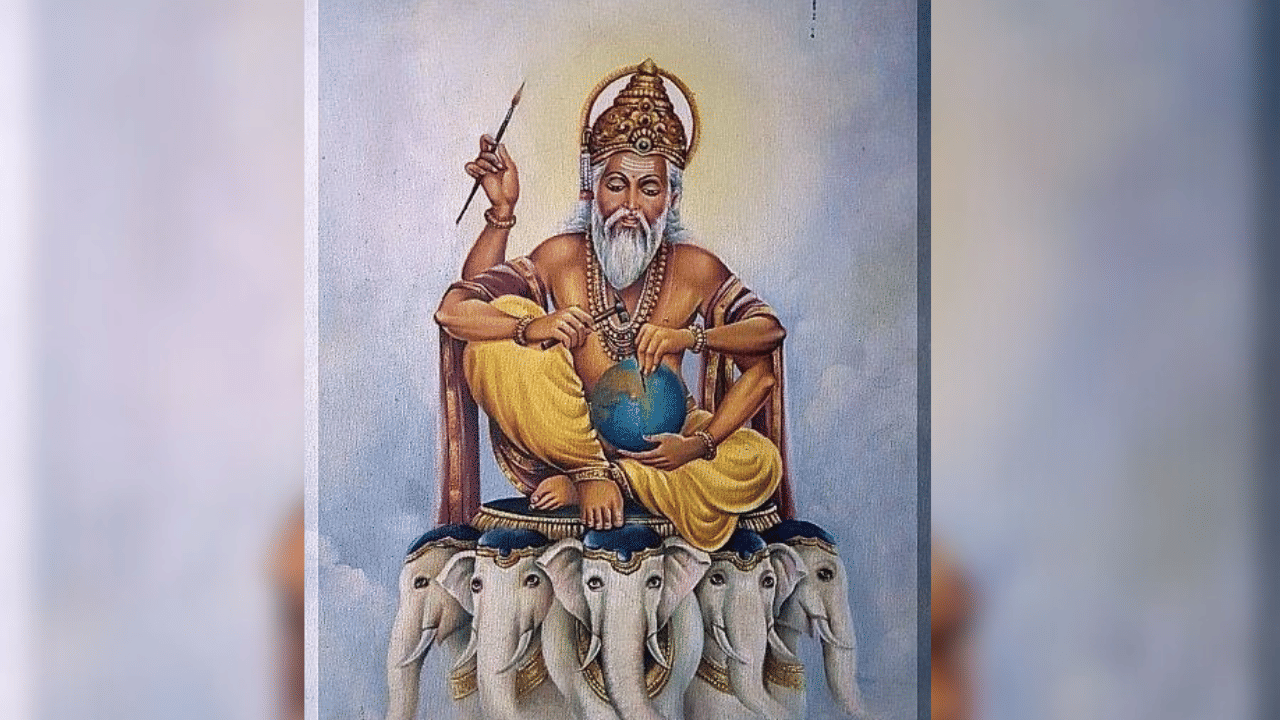New Delhi: Lord Vishwakarma is the divine architect and craftsman of the universe. It is said that he was the one who created Krishna’s Dwarka, the Pandavas’ Indraprastha and the Kauravas’ Hastinapur. In his honour, every year Vishwakarma Puja is celebrated during the month of September, this year also the festival falls on September 17, 2025, when the Hindu Bhadra Month is about to end. This year, it is coinciding with the Kanya Sankranti, which is a day seen for ‘Daan‘ and ‘Punya‘. Vishwakarma Puja is widely observed by artisans, engineers, and workers across India.
This festival is observed by worshipping tools, machinery, and workspaces to seek blessings for prosperity and success in one’s profession. Cities like Bokaro celebrate this festival with grand rituals and community feasts. This day celebrates the divine inspiration behind human creativity and innovation. This day is dedicated to showing gratitude to the resources used in innovation and crafts of various professions. Across India, especially in industrial hubs, workers and artisans will perform rituals and ceremonies to appease the god.
Rituals and practices for this Vishwakarma Puja:
One thing that remains common across different cultures and practices is the worship of tools, machines, and vehicles with flowers and turmeric. Worshipping Lord Vishwakarma with an idol in a clean space and environment.
Turmeric is a sign of purification, prosperity and good fortune. Applying turmeric on tools, vehicles, and machines shows a sign of protecting them by warding off the evil (‘Nazar’). The bright yellow colour of turmeric is believed to attract positivity and good fortune, along with blessings.
Significance of Vishwakarma puja
Vishwakarma Puja 2025 offers you a chance to reflect on the origins of divine creativity and the tools that aid in our daily lives. By participating in this festival, you can learn about the skills and hardships a creator goes through for creating a piece of art and show respect and gratitude. These rituals and prayers help individuals and communities to seek blessings for abundance and success.
The day is considered auspicious for the ones whose livelihood depends on innovation, skills, painting, tools and machinery. They express gratitude, respect and honour to the god and thank him for the skills and work.
